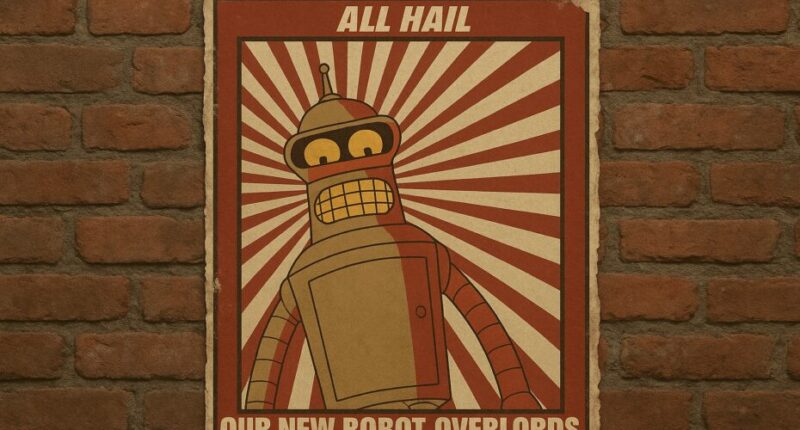Predictions of artificial intelligence dominance over human decision-making could prove fundamentally misguided, according to new research challenging assumptions about machine superiority in complex problem-solving scenarios.
Ohio State University researcher Angus Fletcher argues that whilst society rapidly adopts AI systems across business and government, these technologies possess critical blind spots that prevent them from matching human cognitive capabilities in crucial areas.
Fletcher’s research, detailed in his book “Primal Intelligence”, demonstrates that AI’s logical processing advantages become irrelevant when facing scenarios requiring commonsense, imagination or novel solutions to unprecedented challenges.
“AI takes one feature of intelligence – logic – and accelerates it. As long as life calls for math, AI crushes humans,” Fletcher explains. “The moment, though, that life requires commonsense or imagination, AI tumbles off its throne.”
The professor of English at Ohio State’s Project Narrative has developed training programmes exposing fundamental limitations in AI reasoning, which have been successfully implemented across U.S. Army Special Operations units and business organisations seeking competitive advantages.
Fletcher’s methodology centres on “story thinking” – humanity’s evolutionary capacity for narrative cognition that enables innovative responses to situations without historical precedent. This contrasts sharply with AI systems that rely exclusively on pattern recognition from existing datasets.
The research proposes four distinct human cognitive powers – intuition, imagination, emotion and commonsense – that allow effective decision-making with limited information, capabilities that remain beyond current AI architecture.
Military applications have proven particularly revealing, with the U.S. Army awarding Fletcher a Commendation Medal for research demonstrating how human intelligence outperforms algorithmic approaches in unpredictable tactical scenarios.
In business contexts, Fletcher distinguishes between management optimisation tasks suited to AI and leadership challenges that require unprecedented thinking, where machines consistently fail.
“The main challenge of the future is not optimising things that already work,” Fletcher states. “The challenge of the future is figuring things out when we don’t know what works.”
The findings suggest organisations may be overestimating AI capabilities whilst undervaluing uniquely human cognitive advantages in strategic planning and innovation.











